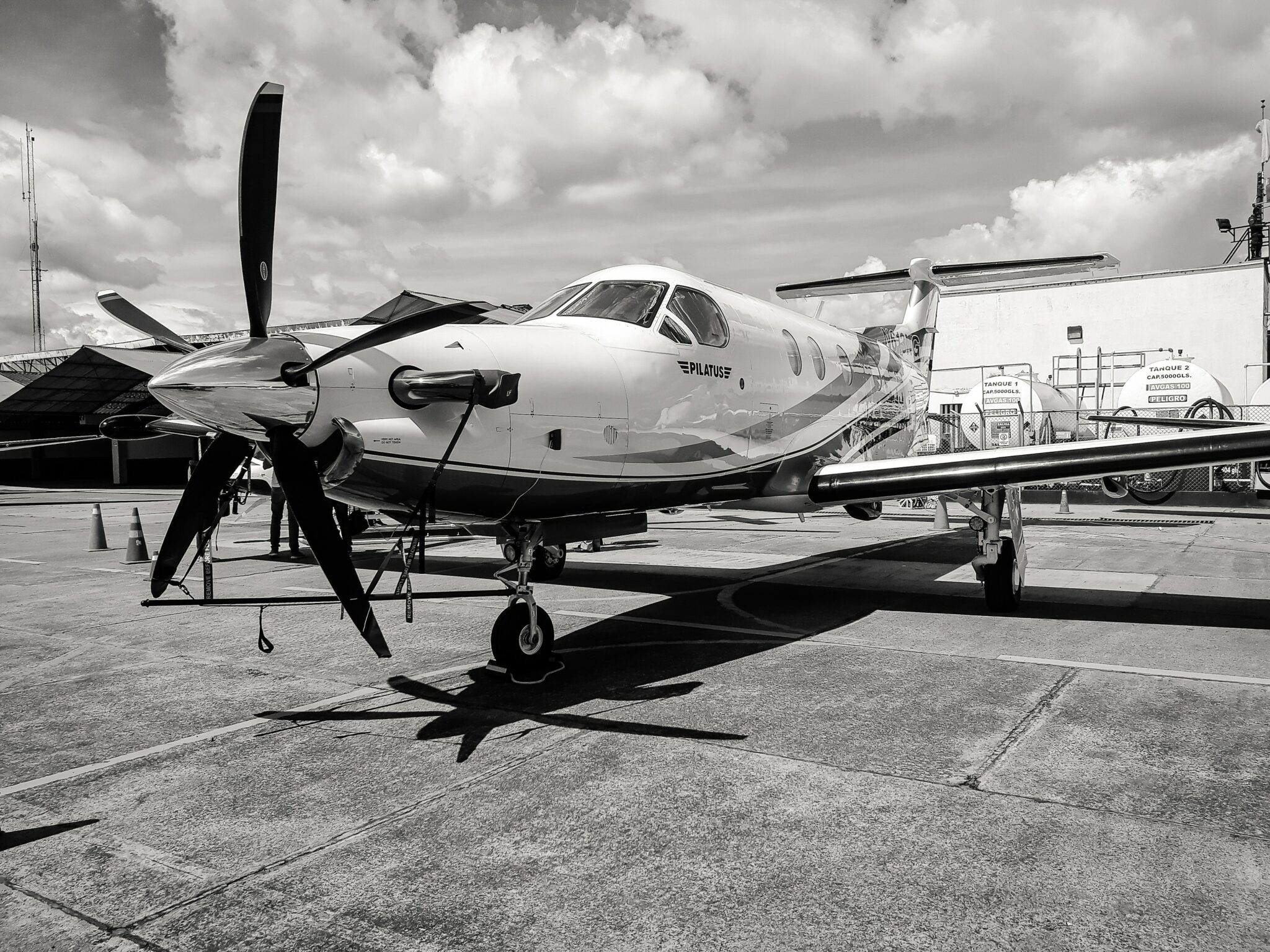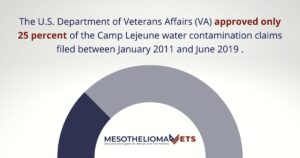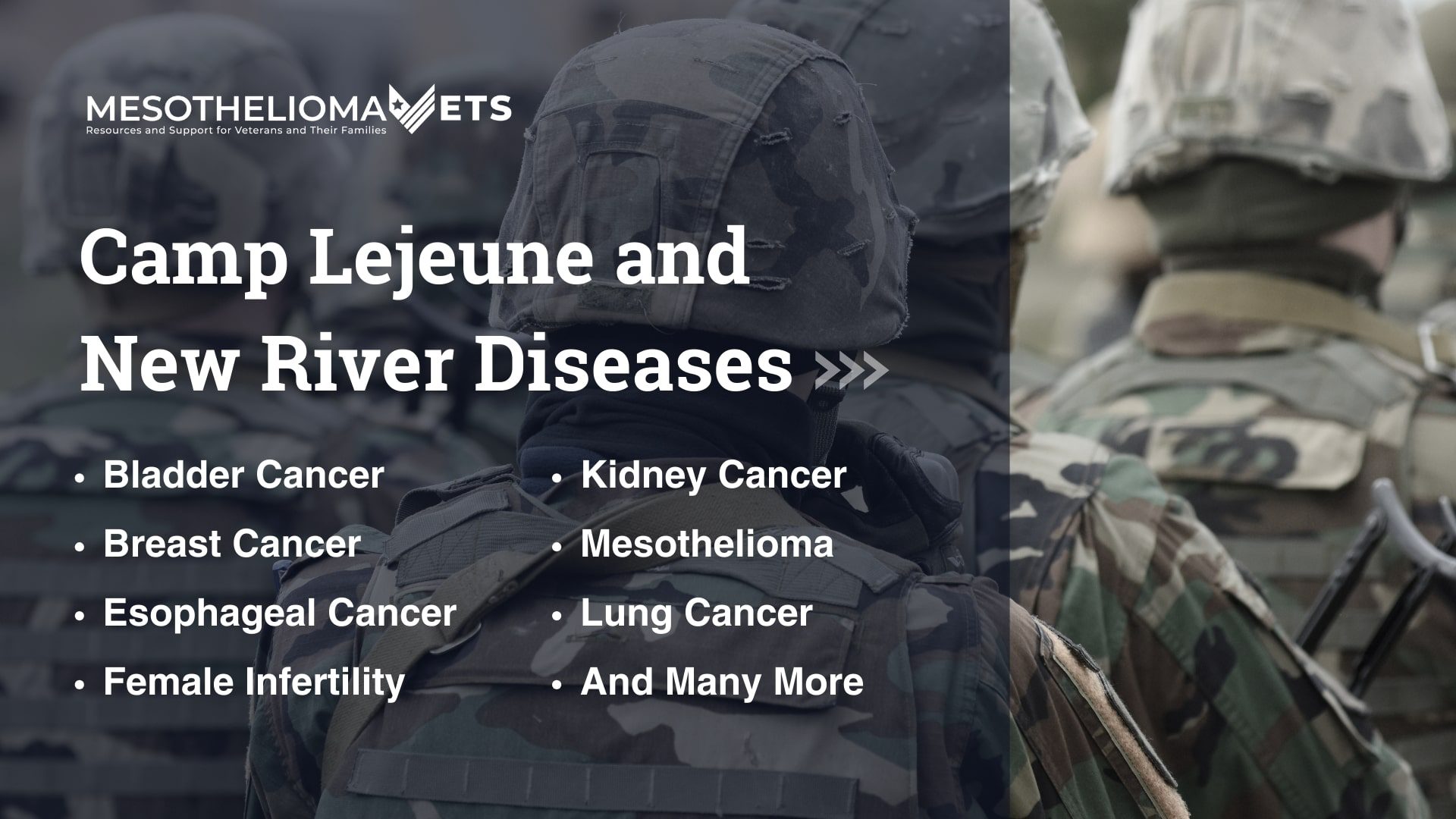New River Air Station
The New River Marine Corps Air Station is a short distance from Camp Lejeune, a superfund military base. Because the New River connected the two stations, they shared the same contaminated water supply. Learn more about the potential hazards MCAS New River citizens were exposed to.

New River Air Station – North Carolina Marine Base
Marine Corps air station (MCAS) New River is a military base located near Camp Lejeune, North Carolina. Marine Corps air station New River is the primary location for the Marine Corp helicopter base in Jacksonville, North Carolina. As seen in the news recently, just a short distance away, lays Camp Lejeune, a prominent military base known for being a superfund site which exposed thousands of veterans and servicemembers to deadly contaminents.
The two military bases are just a short 8.8 miles away from one another and share the New River. Due to the close proximity of the two military bases, Camp Lejeune could have inadvertently exposed air station New River Veterans to deadly toxins. Learn more about the toxins and those possibly exposed to contaminated water in North Carolina.
New River Marine Corps Air Station Occupations
MCAS New River is the primary location for the United States Marine Corps helicopter base that resides near Jacksonville, North Carolina. The purpose of the air station is to provide training to the units of the Marine Corps aviation crew while improving the lives of military personnel, their loved ones, and other workforce assigned to the air station. The New River air station near Camp Lejeune hosts about 6,000 Marines, sailors, and airmen and employs over 600 civilian employees.
Marine Corps Community Services (MCCS)
Marine Corps Community Services (MCCS) is a set of programs that aim to support and enhance the overall quality of life of Marines, retirees, family members, and civilians. MCCS programming includes cancer centers, employment, financial assistance, education, fitness, child care, counseling, and much more. MCCS provides service to over 2,250 facilities, including the Marine Corps air station New River Marine Corps Community Services.
Veterans who were diagnosed with mesothelioma and other cancers while serving at New River Air Station may be eligible for VA compensation. To find out if you qualify, speak with a patient advocate today.

Is New River Part of Camp Lejeune?

Individuals who lived at MCAS New River between 1957 and 1982 may have faced toxic exposure to known contaminants and could be eligible for financial benefits. Learn more about Camp Lejeune water contaminants and if you could be eligible for MCAS New River Base legal compensation.
Qualifying Conditions for Legal Compensation for Toxic Exposure
The VA presumes certain disabilities are connected to military service and can award compensation to Marine Veterans and others affected. The VA’s current list of Camp Lejeune presumptive conditions includes:
- Bladder cancer
- Breast cancer
- Esophageal cancer
- Female infertility
- Hepatic steatosis
- Kidney cancer
- Leukemia
- Lung cancer
- Miscarriage
- Multiple myeloma
- Myelodysplastic syndromes
- Neurobehavioral effects
- Non-Hodgkin’s lymphoma
- Renal toxicity
- Scleroderma
In addition to the above list of Camp Lejeune presumptive illnesses, the recently passed PACT Act will state further presumptions. The PACT Act, signed into law by President Joe Biden, will extend coverage to Camp Lejeune and New River Air Station victims. This comes as a big win for veterans and service members who served at shipyards and other bases where contaminants likely exposed them to deadly diseases.
